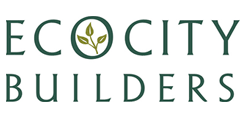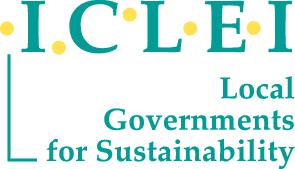PRINCIPLES FOR THE SUMMIT
The ECOCITY Summit 2017 will operate under the following principles:
Ecological Principles
The Summit should be organised with deep awareness of ecological consequences of running a major international gathering:
- With the conference venue chosen for its resource-use minimisation, including energy-efficient lighting and renewable energy-sourcing;
- With the conference venue chosen for it sustainable treatment of water, including solar water heating and sustainable sanitation systems;
- With the conference held in proximity to green parklands—including areas which provide habitat for indigenous animals and birds;
- With the conference held in an urban centre, close to accommodation and public infrastructure to reduce carbon-emitting transport and to enhance walkable access;
- With global and national air transport to the conference based on carbon offsetting;
- With food provision for the conference based on careful consideration of local supply, seasonality, and other sustainability considerations; and
- With conference waste-management organized through green composting and hard-waste recycling.
Economic Principles
The Summit should be based on an economy of engagement rather than one of accumulation of surplus value:
- With the food and beverages produced for the conference sourced through local farmers, viticulturists, and other primary producers;
- With transparent budgeting that includes the reinvestment of surplus funds back into projects associated with learning for sustainability;
- With the economic regulation of the conference based on careful auditing and review;
- With an emphasis on decreasing all unnecessary consumption of materials and resources;
- With all staff, except for volunteers, employed according to negotiated labour agreements;
- With technology used appropriately and sustainably as a tool for learning; and
- With active attention to making the cost of the conference attuned to variable economic capacities to pay, breaking radically with generic user-pays principles.
Political Principles
The Summit should be organised with an active emphasis on engaged and negotiated involvement beyond the immediate organising committee:
- With the governance of the conference organised so as to maximise participation while recognizing the importance of clear lines of authority and responsibility;
- With attentiveness to questions of social justice, both in the content of the conference proceedings and its management;
- With an active emphasis on constructive critique that recognizes the complexity of social change;
- With representation welcomed from a wide political spectrum of constituencies without this openness being reduced to the management of political balance;
- With all participants assured a secure sense of respect for personal wellbeing, health and safety;
- With active dialogue over differences in relation to any public communication of findings and conclusions; and
- With clear ethical accountability in relation to all conference management decisions.
Cultural Principles
Urban settlements should actively develop ongoing processes for dealing with the uncomfortable intersections of identity and difference, including the current tension between culture and nature:
- With positive engagement in the conference sought from across different cultural groupings;
- With an extension of the conference programing to include creative presentations and re-creative activities;
- With an active recognition of the indigenous past and complicated history of the land on which the conference is held;
- With an openness to and encouragement of different beliefs and ideas;
- With an attentiveness to questions of gender equity and cross-generational participation; and
- With an emphasis on open enquiry, critical learning, and engagement across lines of difference.










